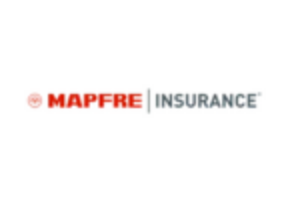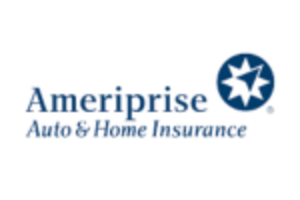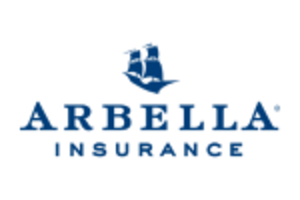Do I have to pay a deductible if I hit a car? If your vehicle is damaged, you're required to pay your insurance deductible usually $250 to $1,000, before your policy covers the cost of repairs.
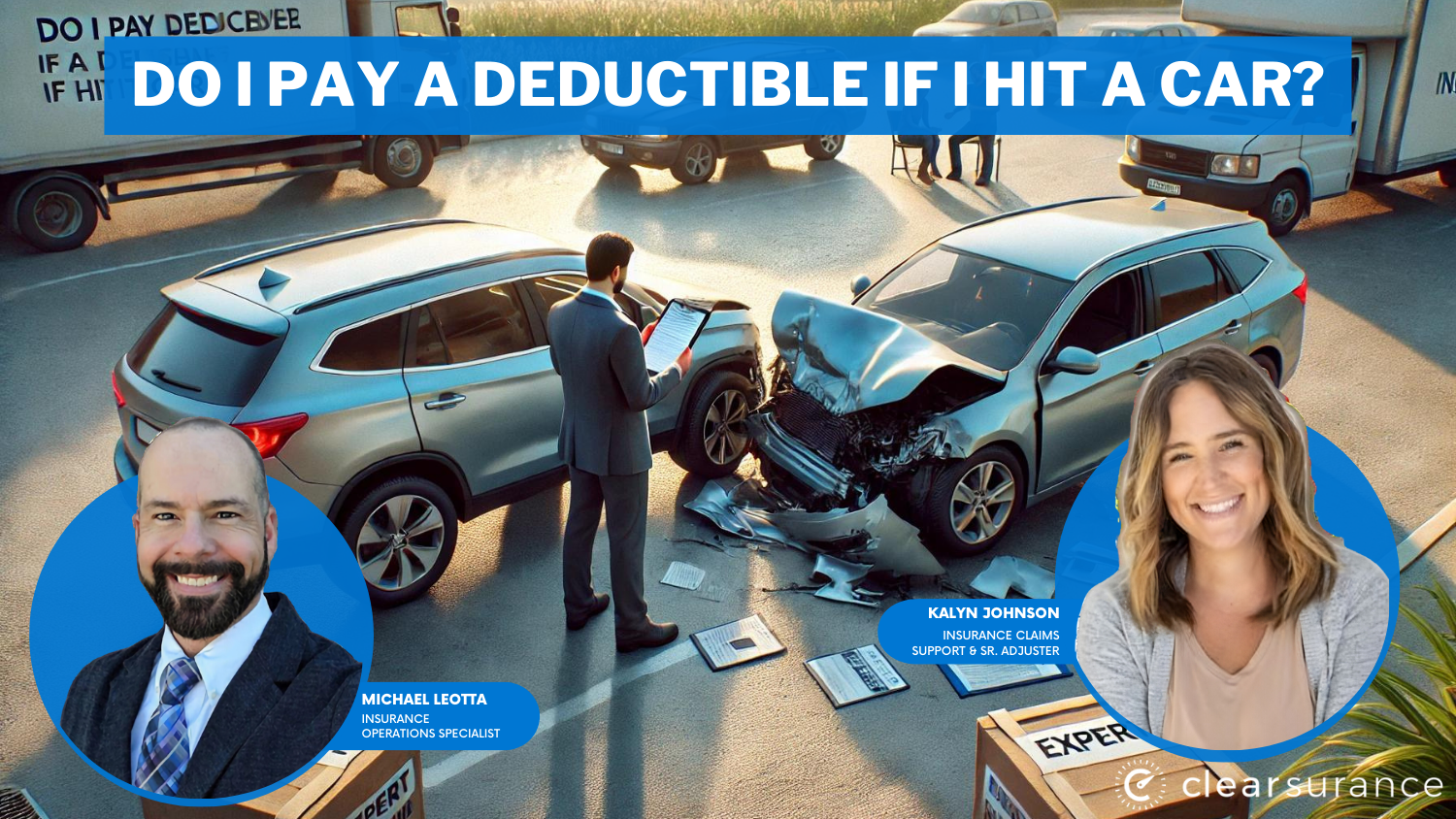
This article breaks down when you're responsible for paying, how deductibles affect your rates, and how to choose the best coverage. Keep reading to avoid surprises and save on your car insurance.
See if you’re getting the best deal on car insurance by entering your ZIP code above.
What You Need to Know
- Collision coverage requires you to pay a deductible, typically between $250-$1,000
- Liability coverage doesn’t require a deductible for the other driver’s vehicle
- Your deductible amount affects your monthly premium rates
No Deductible for the Other Car if You're at Fault
Liability coverage does not require a deductible. However, it only covers the cost of repairs for the vehicle you hit. If you're wondering do you have to pay a deductible if you hit someone's car, the answer depends on your coverage. Auto collision insurance deductible will apply to your own vehicle's repairs if you are at fault.
| Type of Coverage | Situation | Deductible Payment Required | Who Pays for Damages | Impact on Insurance Premiums |
|---|---|---|---|---|
| Liability | At fault accident | No | Your insurance | Increased |
| Liability | Not at fault | No | Other driver's insurance | No Change |
| Liability | Hit a parked car (at fault) | No | Your insurance | Increased |
| Collision | At fault accident | Yes | Your insurance | Increased |
| Collision | Not at fault | No | Other driver's insurance | No Change |
| Collision | Hit a parked car (at fault) | Yes | Your insurance | Increased |
| Comprehensive | Vandalism while parked | Yes | Your insurance | No Change |
| Comprehensive | Natural disaster damage | Yes | Your insurance | No Change |
| Comprehensive | Hit an animal while driving | Yes | Your insurance | No Change |
Collision and comprehensive insurance are additional coverages that you can purchase to protect your vehicle. They require a deductible to be met before your insurance covers the cost of repairs to your car.
For example, let's say you're at fault for an accident that causes $4,000 worth of damage to your vehicle. If your average collision deductible is $500, you will pay that, and your insurance company will cover the remaining $3,500.
Keep in mind, if you are at-fault in a car accident, do you pay a deductible? Yes, you will pay a deductible for the damage to your own car under collision coverage. However, does at-fault driver pay deductible for the other vehicle? No, the at-fault driver’s liability coverage takes care of the damages to the other car without requiring a deductible.
When You Pay Car Insurance Deductibles
When another driver hits you, you file a claim with their insurance company. However, this process can be lengthy and could leave you without a vehicle for weeks. Do you have to pay your deductible if you're not at fault?
Initially, you may have to pay your deductible if you file a claim through your own insurer to get repairs done faster, but you can often get reimbursed once the other driver is proven to be at fault.
If my car gets hit, do I have to pay deductible? Not always. Do I get my deductible back if I'm not at fault? Yes, if the other driver is found at fault, your insurance company may refund your deductible.
If I am not at fault, why do I have to pay a deductible? Some insurers require you to pay your deductible upfront, even if you aren't at fault, to cover repair costs quickly. Once the claim is settled, your insurer will typically reimburse you. Learning when to file a car insurance claim can help you get more affordable rates.
Choosing the Right Deductible
You want to choose your deductible based on what you can afford. Typically, the average auto insurance deductible is $500 or $1,000. The deductible you choose impacts your premium. A higher deductible equals a lower monthly premium, and a lower deductible equals a higher monthly premium.
For example, State Farm deductible amounts for collision coverage are typically in this range. If you increase your deductible to $1,000, your premium will likely decrease. However, keep in mind that average collision deductible and repair costs can impact what you’ll pay out of pocket in the event of an accident.
Understanding How Accidents and Deductibles Impact Your Insurance Premiums
If you're at fault in an accident, it will be recorded on your driving history. This can lead to higher insurance premiums for up to three years. If you are at fault in a car accident, do you pay a deductible? Yes, you will need to pay the deductible to repair your own vehicle under your collision coverage.
If I hit someone, do I have to pay a deductible? Yes, your collision insurance requires that you pay a deductible before your insurance covers the repairs to your car. Insurance premiums are calculated using several factors, including:
- Age
- Gender
- Location
- Credit
- Vehicle usage
- Type of vehicle
- Type of coverage
On the other hand, do I still pay a deductible if not at fault? If you're not at fault and you file a claim through your own insurance to expedite repairs, you may need to pay the deductible upfront. Browse our guide "How Long After an Accident Can You File a Claim?."
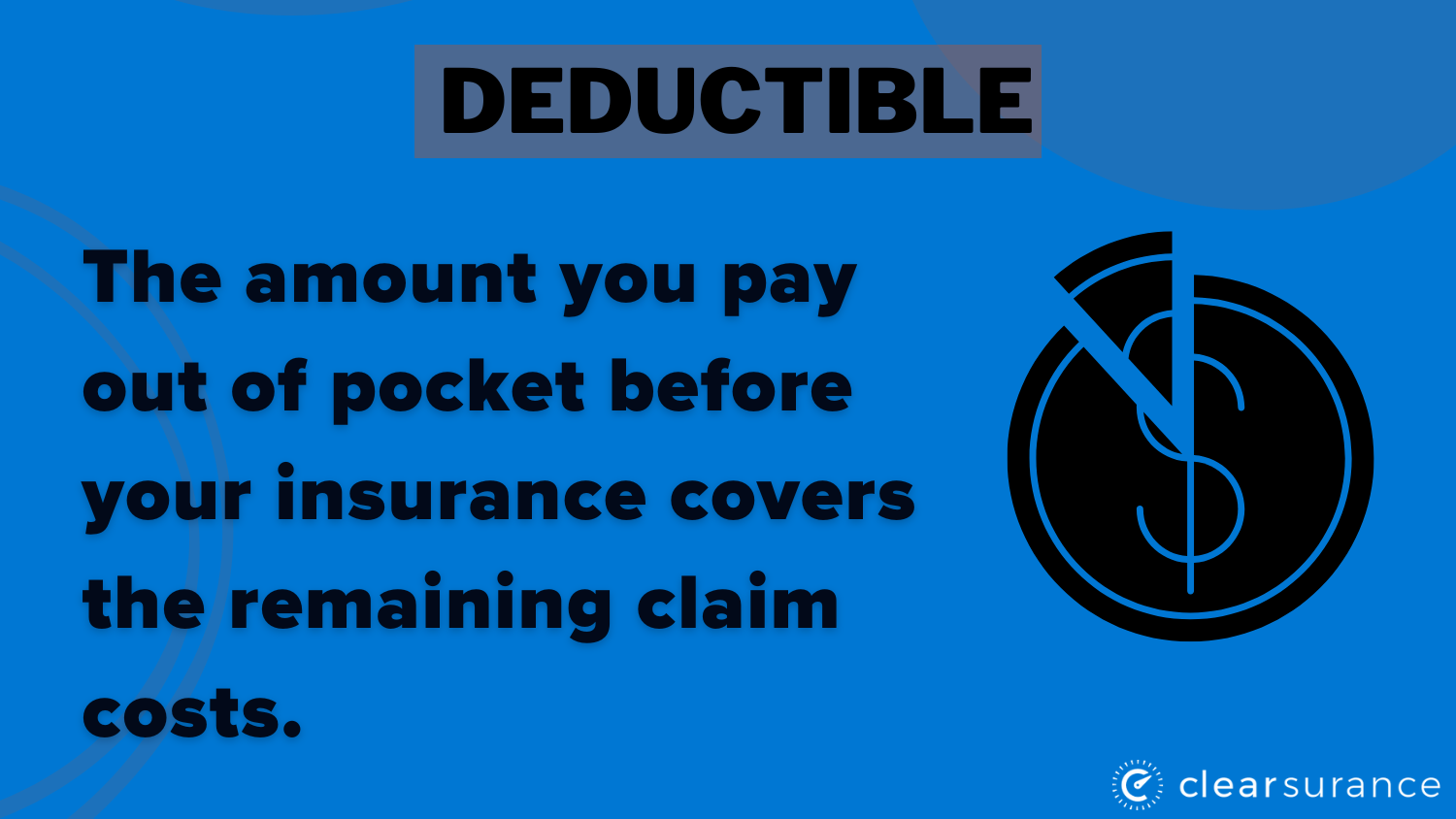
However, you can often get reimbursed once the other driver is found to be at fault. Do you have to pay a deductible if someone hits your car? Not if the other driver is found to be at fault and their insurance covers the damages.
When it comes to specific situations like a hit-and-run, the deductible for hit-and-run claims usually applies if you're filing under your uninsured motorist or collision coverage. If I hit a car, does my insurance cover it? Yes, your liability insurance will cover damages to the other vehicle, but you’ll have to pay the deductible for your own car’s repairs if you're at fault.
Consider Collision and Comprehensive Coverage to Manage Your Deductible
While you don’t have to pay a liability deductible with liability coverage, it is not enough protection if your vehicle is damaged in an at-fault car accident.
Investing in collision and comprehensive coverage is beneficial because the added protection saves you money if your vehicle is damaged. However, ensure that you can afford the monthly premium and deductible. We found six ways to save money on car insurane to help drivers find affordable coverage and deductibles.
Will insurance cover if I hit another car? Yes, liability coverage will pay for the damages to the other person's vehicle, but your auto collision insurance deductible will apply to your own vehicle if it's damaged. Ready to find cheaper car insurance coverage? Enter your ZIP code below to begin.
Frequently Asked Questions
What should I do if there is no damage to the car I hit?
You should always report a car accident, even if there is no damage to the vehicles involved. Drivers may be concerned that their insurance premiums will increase if they do so, but the consequences of not reporting an accident can still cost them big.
Reporting the accident can help your insurance company investigate and determine fault. And if you hit a car and don't report it right away, your insurance company may not cover any expenses related to the claim (Read more: 5 Steps to Take After a Car Accident).
How can I avoid paying my car insurance deductible?
You can avoid paying a deductible if you don't file a claim. Many drivers will not file a claim if the damages do not exceed their deductible.
Do insurance companies ever waive the deductible?
Insurance companies will often waive a deductible for glass repairs or hit-and-run accidents, but you should check with your insurer to be sure.
Do car insurance rates increase after an accident?
Companies usually raise rates after an accident since the risk to insure you increases. Car accidents can stay on your record for three to five years, meaning you'll pay higher rates during that time. For full details, check out "If an Accident Isn't Your Fault Do Your Rates Increase?"
What happens if you don't have the money to pay your deductible?
Unfortunately, repairs will not start until you pay the deductible. Some repair shops can offer a payment plan, or you may be able to charge the deductible to a credit card.
Do I have to pay a deductible if I hit someone?
If you are at fault and have collision insurance, you will need to pay your deductible for the repairs to your own vehicle. However, liability coverage, which covers damages to the other driver’s vehicle, does not require a deductible.
Do I have to pay my deductible to fix someone else's car?
No, you do not pay a deductible to fix someone else's car. If you are at fault for the accident, your liability insurance will cover the damages to the other person's car without requiring you to pay a deductible.
Do you pay a deductible if you are at fault?
Yes, if you are at fault for an accident and file a claim for your own vehicle’s damage under your collision coverage, you will need to pay your deductible before your insurance covers the rest of the repair costs.
If I hit my own car, do I have to pay two deductibles?
Yes, if you hit your own car and both vehicles are covered under separate policies, you may need to pay two deductibles—one for each vehicle—depending on the type of coverage you have and your insurer’s policies.
Do I have to pay the other person's deductible?
No, you are not responsible for paying the other person’s deductible. The at-fault driver’s liability insurance covers the damages to the other vehicle. If they are not at fault, their insurance may reimburse them for their deductible. Browse more details in our "A Practical Guide For Understanding Car Insurance."
Do I pay my deductible before or after my car is fixed?
You typically pay your deductible after your car is fixed, once the total cost of repairs has been calculated. The repair shop or your insurance company will require the deductible before they begin repairs. Find cheap car insurance quotes by entering your ZIP code below.
How does a car insurance deductible work?
A car insurance deductible is the amount you agree to pay out-of-pocket before your insurance covers the remaining costs of a claim. Understanding the ins and outs of a car deductible means knowing how much you pay upfront and how your insurance handles the remaining costs after the deductible is paid.
For example, if your deductible is $500 and your repairs cost $2,000, you will pay $500, and your insurance will cover the remaining $1,500.
How much should the deductible be for car insurance?
The ideal deductible for car insurance depends on your financial situation. A higher deductible (e.g., $1,000) will lower your monthly premium, but you’ll pay more out-of-pocket after an accident (Learn more: Top ways customers have saved money on car insurance rates).
A lower deductible (e.g., $250 or $500) will raise your premiums but reduce your out-of-pocket costs in the event of a claim. The average auto insurance deductible typically ranges from $500 to $1,000.
Is there a deductible for liability insurance?
No, there is no deductible for liability insurance. This coverage pays for damages you cause to other people or their property and does not require you to pay a deductible.
When do you pay the deductible for car insurance?
You pay the deductible when you file a claim for your vehicle's damage. It is typically required before your insurance company covers the rest of the repair costs, either before or after repairs are completed, depending on the terms set by your insurer.



